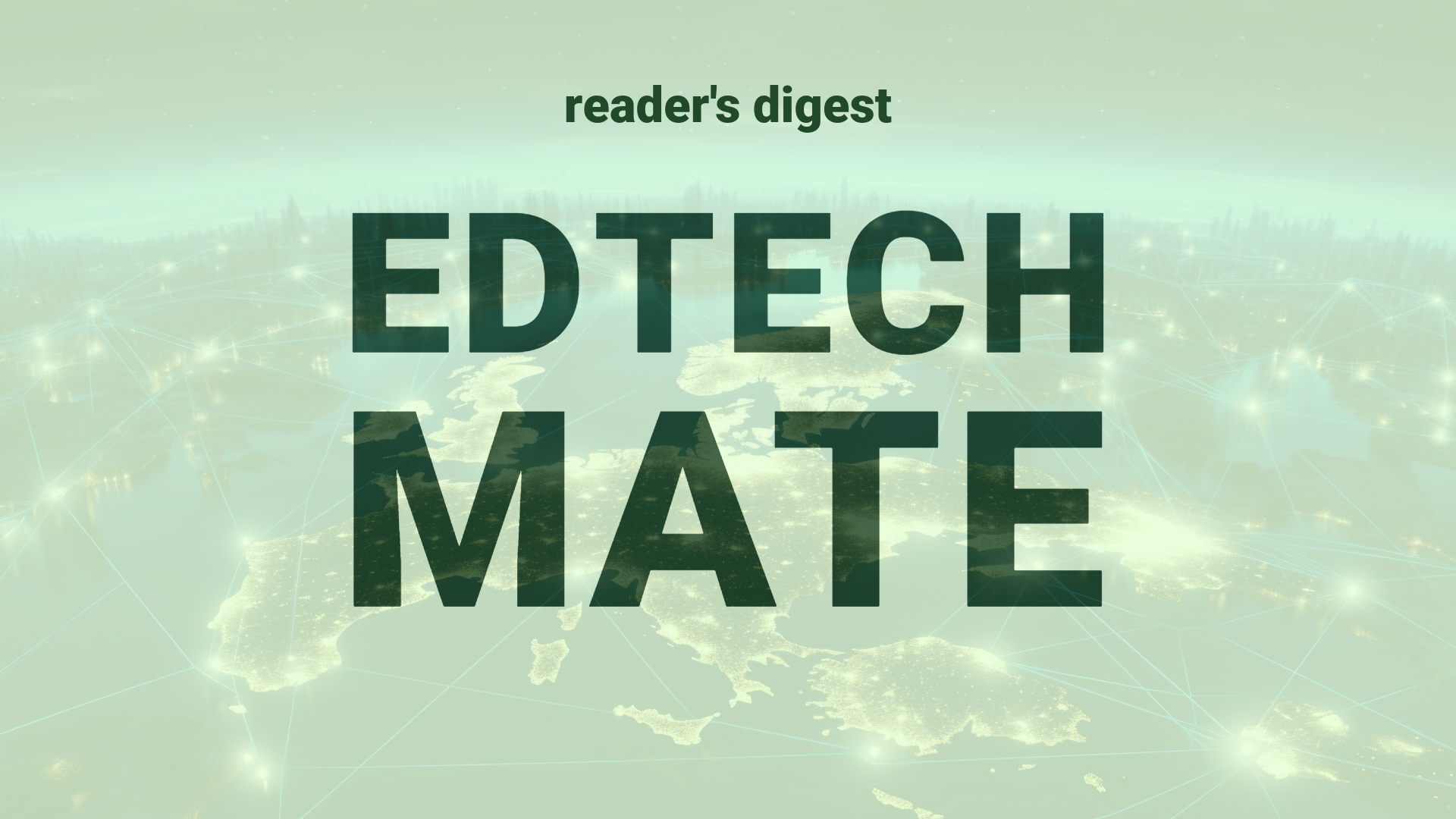Executive Summary and Main Points
In examining the shift towards Return-To-Office (RTO) mandates across industries, and specifically within high-profile companies such as Google and Apple, it is clear that the manner in which these policies are framed and communicated has substantial influence on employee perceptions and reactions. Emerging patterns include the importance of dialogue and reframing RTO initiatives not as adversarial demands but as collaborative, mutually beneficial strategies geared towards achieving optimal hybrid work models. The success of such policies hinges on framing them as vehicles for communal goals, emphasizing mutual value, and approaching their implementation as data-driven, co-created, and iterative learning processes.
Potential Impact in the Education Sector
The trend of balancing RTO and flexible working has implications for the education sector, particularly in Further Education (FE), Higher Education (HE), and Micro-credentialing. FE and HE institutions are reevaluating how digital transformation shapes learning environments, instructor availability, and campus culture. A focus on strategic partnerships can catalyze the creation and adoption of hybrid learning models, which accommodate both in-person and remote educational experiences. Digitalization continues to play a key role in validating and delivering Micro-credentials, expanding access to, and the appeal of, flexible, lifelong learning paths.
Potential Applicability in the Education Sector
Innovation through AI and digital tools has tremendous potential within global education systems. AI-driven adaptive learning can personalize educational content, enhancing student engagement and outcomes. Similarly, the application of collaborative digital tools facilitates the creation of online learning communities, promoting connectivity and peer support, which are critical for holistic development. Integrating such technology into the education sector can simulate ‘office-like’ interactivity within a digital classroom setup, beneficial to both educators and students navigating the new normal of hybrid education.
Criticism and Potential Shortfalls
Despite the advantages, the push towards digital transformation is not without criticism. Real-world examples, such as the controversial implementation of RTO mandates, reveal potential cultural mismatches where policies are not well aligned with stakeholder values and needs. Ethical considerations around data privacy, access inequities, and the impact on traditional pedagogies also surface. Comparative case studies demonstrate varying outcomes between countries with differing technological infrastructures, calling for nuanced and culturally sensitive policy frameworks.
Actionable Recommendations
To exploit technology innovations effectively, international education leadership should consider the following strategies:
1) Engage in open dialogue with educators and learners to understand diverse needs in crafting hybrid learning policies.
2) Promote digital literacy to ensure equitable access and comprehensive adoption of digital tools.
3) Leverage strategic partnerships to integrate AI and other technologies into the curriculum, thereby enhancing the learning experience.
4) Implement iterative feedback mechanisms to refine digital strategies in response to evolving educational challenges.
5) Foster a community-centric approach within institutions to align technological integration, such as collaborative platforms, with cultural and ethical standards.
Source article: https://hbr.org/2024/06/leaders-need-to-reframe-the-return-to-office-conversation

